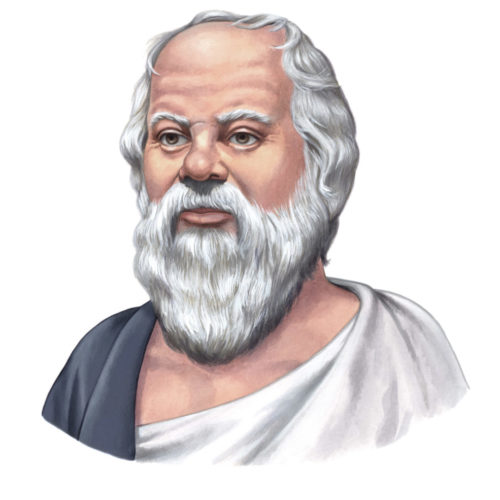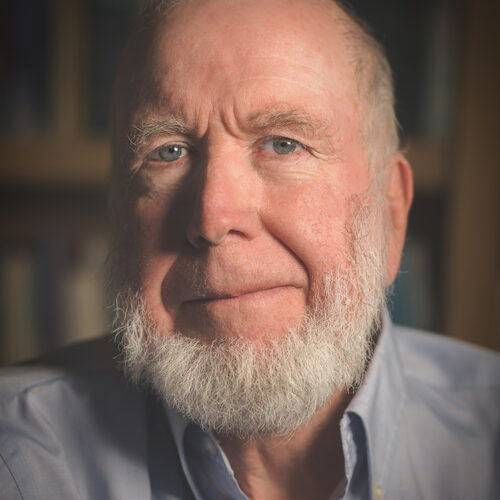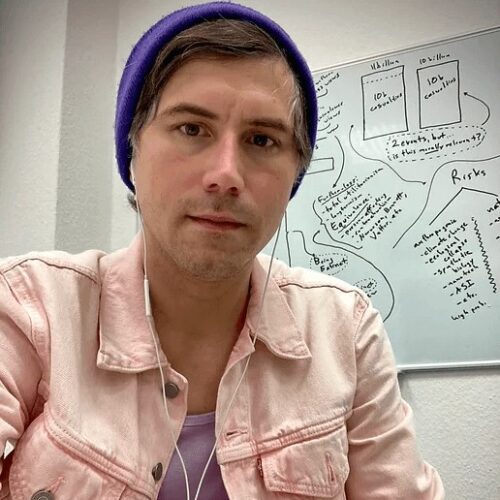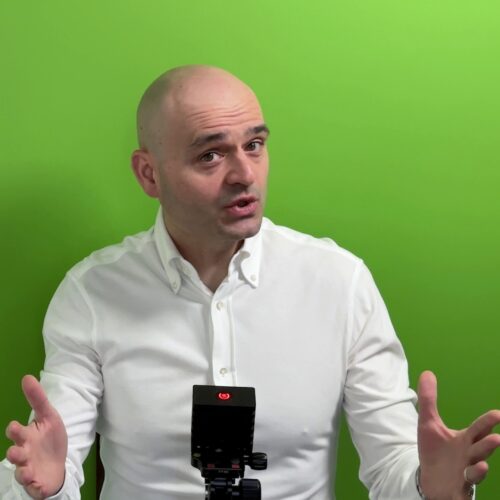Hiroshi Ishiguro: Technology is a way to understand what is human!
Socrates / Podcasts
Posted on: February 26, 2014 / Last Modified: May 17, 2022
Podcast: Play in new window | Download | Embed
Subscribe: RSS
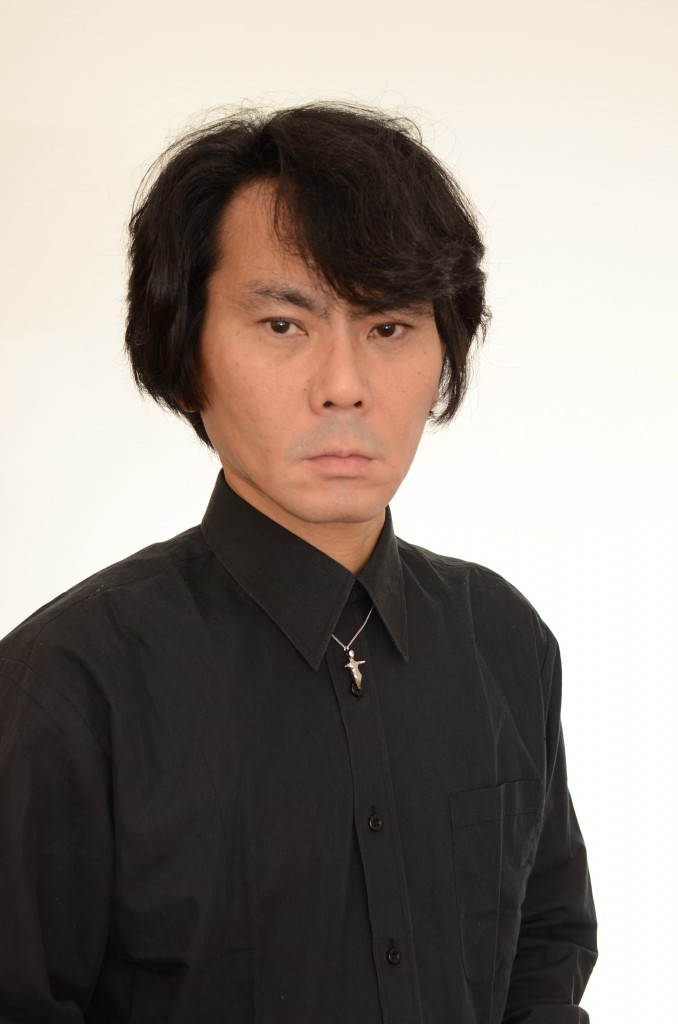 I first met Dr. Hiroshi Ishiguro at last year’s GF2045 conference in New York. Dr. Ishiguro is known around the world for his android, geminoid, and telenoid robots and I have been trying to get him on my podcast ever since we met. At last, last week we were able to find an empty slot in his busy schedule and I was able to ask him a few questions.
I first met Dr. Hiroshi Ishiguro at last year’s GF2045 conference in New York. Dr. Ishiguro is known around the world for his android, geminoid, and telenoid robots and I have been trying to get him on my podcast ever since we met. At last, last week we were able to find an empty slot in his busy schedule and I was able to ask him a few questions.
During our 50 min conversation with Dr. Ishiguro we cover a variety of interesting topics such as: how and why he got interested in building androids and geminoids; whether it is possible to build disembodied Artificial Intelligence; what is human; the cultural East-West divide on the perception of robots as being good or evil; the uncanny valley and the Turing Test; the importance of implementing emotions such as pleasure and pain; the differences (or lack thereof) of hardware and software; telenoid robots…
As always you can listen to or download the audio file above or scroll down and watch the video interview in full. To show your support you can write a review on iTunes, make a direct donation, or become a patron on Patreon.
Hiroshi Ishiguro Laboratories Mission Statement:
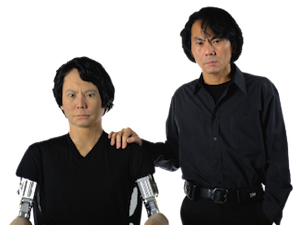 The end of the information age will coincide with the beginning of the robot age. However, we will not soon see a world in which humans and androids walk the streets together, like in movies or cartoons; instead, information technology and robotics will gradually fuse so that people will likely only notice when robot technology is already in use in various locations.
The end of the information age will coincide with the beginning of the robot age. However, we will not soon see a world in which humans and androids walk the streets together, like in movies or cartoons; instead, information technology and robotics will gradually fuse so that people will likely only notice when robot technology is already in use in various locations.
Our role will be to lead this integration of information and robotics technologies by constantly proposing new scientific and technological concepts. Toward this, knowledge of art and philosophy will be invaluable. Technology has made art “reproducible”; likewise, artistic sense has contributed to the formation of new technologies, and artistic endeavors themselves are supported by philosophical contemplation and analysis.
Hereafter, human societies will continue to change due to “informationization” and robotization; in this ever-changing setting, artistic activities and philosophical speculation will allow us to comprehend the essential natures of humans and society so that we can produce truly novel science and technological innovations in a research space which lies beyond current notions of “fields” and boundaries of existing knowledge.
Who is Hiroshi Ishiguro?
Ishiguro was born in Shiga in 1963. In high school and university, while growing up, Hiroshi was devoted to painting. At Dr. Hanao Mori’s laboratory at Yamanashi University, he got inspired to learn about robots and computers. Today as a scientist attracting global attention, Hiroshi is focusing his research on humanoid robots such as androids, geminoids, and telenoids.
Having graduated from Yamanashi university, Ishiguro started his Ph.D. at Osaka University in 1988. He studied the methodology of research from Dr. Saburo Tsuji and has followed the principle “Seek the fundamental problem” to this day. Dr. Ishiguro has attended Yamanashi University, Osaka University, Kyoto University, University of California and Wakayama University, where has worked on distributed sensor systems and interactive robotics.
Currently, Hiroshi is a Professor in the Department of Systems Innovation in the Graduate School of Engineering Science at Osaka University (2009-). While going around universities, he has continued his research in ATR (Advanced Telecommunications Research Institute), and now he is Visiting Group Leader (2002-) of the Intelligent Robotics and Communication Laboratories. He also participated in the foundation of Vstone Co., Ltd., an academic-industrial venture company aiming for technology transfer. His principle is that robotics is just a philosophy. Dr. Ishiguro is the author of Robot to ha nanika? (What is Robot?) and Android Science.


